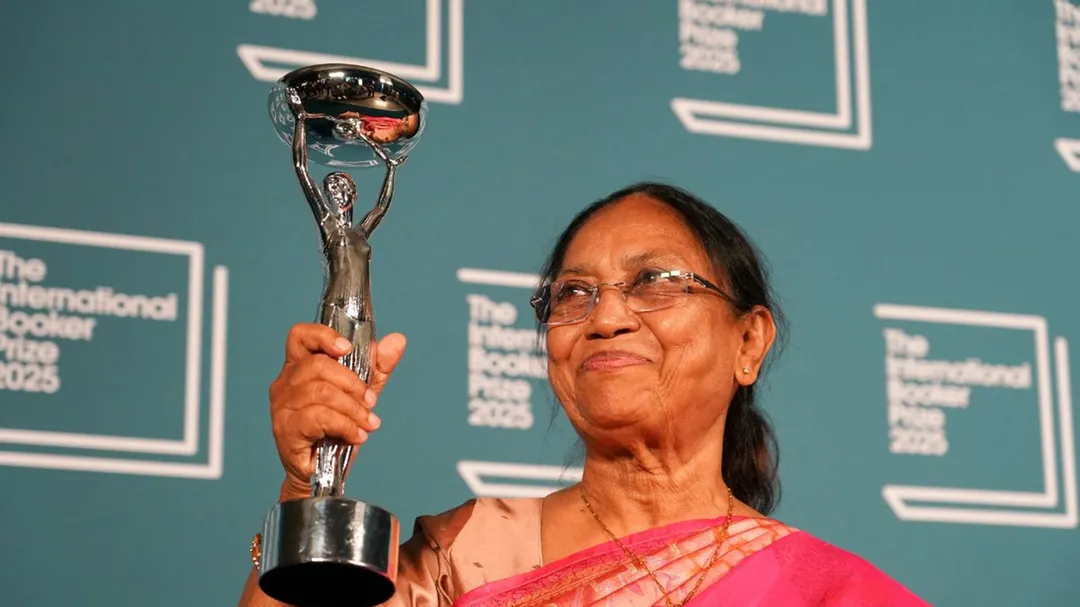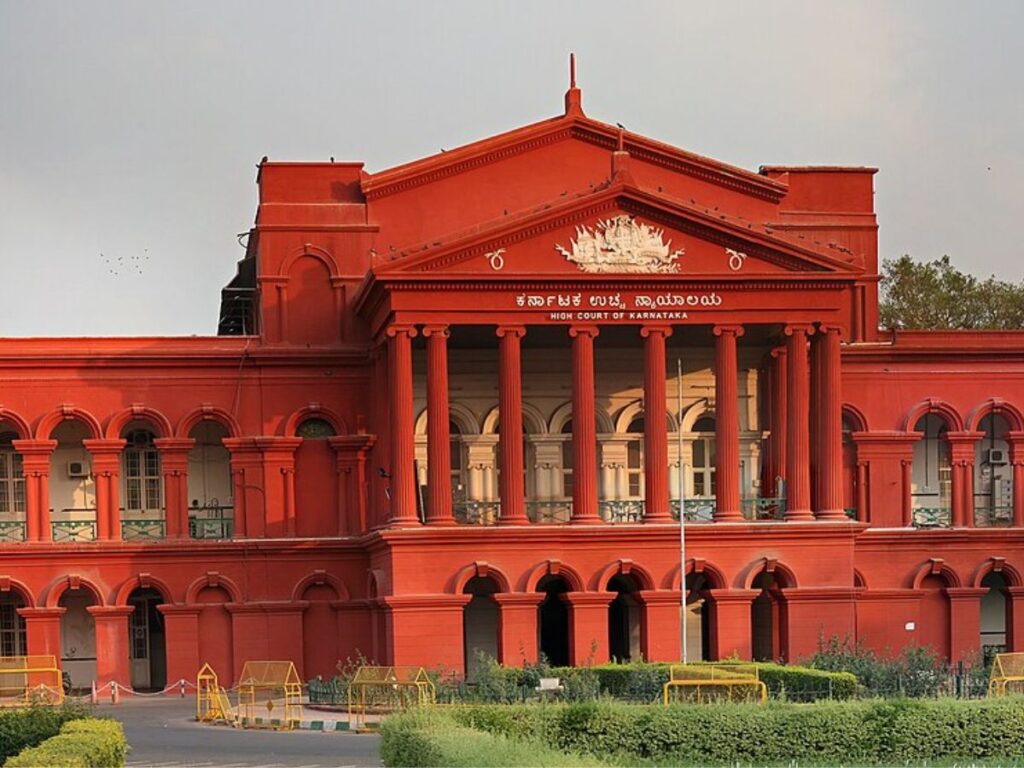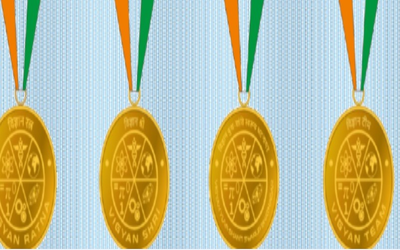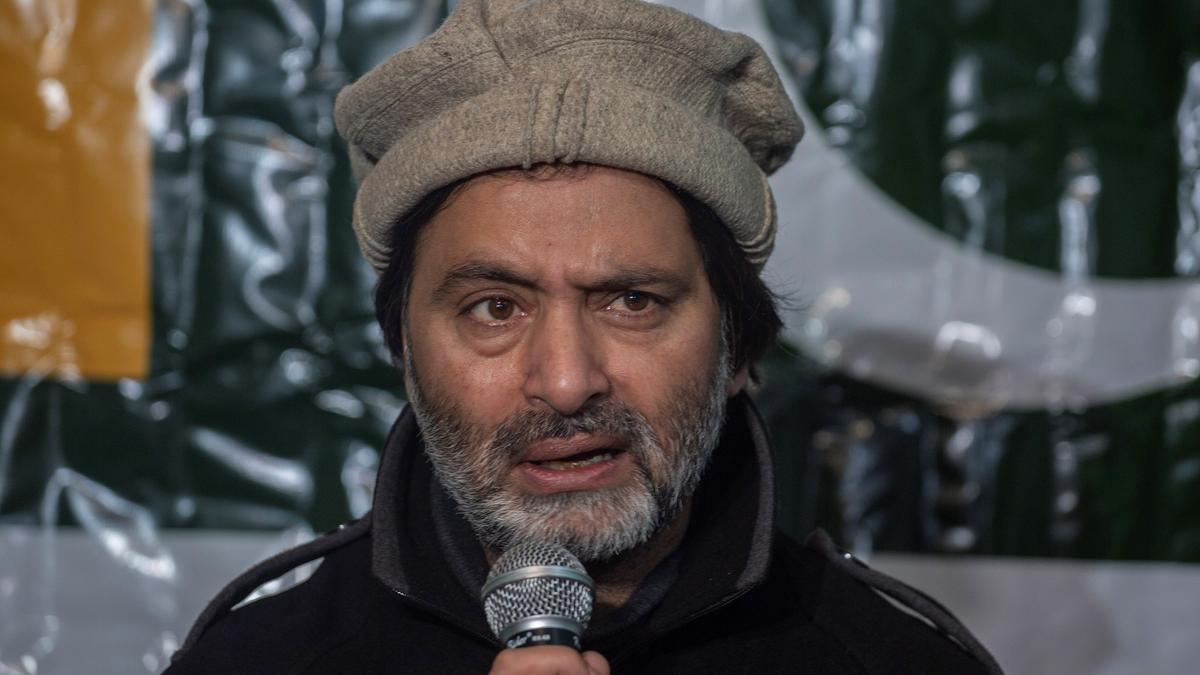Now Reading: Supreme Court Upholds Invitation to Banu Mushtaq for Mysuru Dasara Inauguration
-
01
Supreme Court Upholds Invitation to Banu Mushtaq for Mysuru Dasara Inauguration
Supreme Court Upholds Invitation to Banu Mushtaq for Mysuru Dasara Inauguration

In a significant legal development, the Supreme Court of India has dismissed a petition challenging the Karnataka government’s decision to invite Booker Prize-winning author Banu Mushtaq as the chief guest for the inauguration of the 2025 Mysuru Dasara festival. The court’s ruling underscores the state’s commitment to secularism and inclusivity in public events.
Background of the Petition
The petition, filed by HS Gaurav, argued that allowing a non-Hindu to participate in the religious rituals at the Chamundeshwari Temple during the Dasara inauguration would violate the constitutional rights of Hindu devotees. The petitioner contended that such participation infringed upon Articles 25 and 26, which guarantee the freedom to practice and manage religious affairs.
Court’s Observations and Ruling
A bench comprising Justices Vikram Nath and Sandeep Mehta rejected the plea, emphasizing that India is a secular country as enshrined in the Constitution’s Preamble. The court questioned the basis of the petitioner’s claims, pointing out that in 2017, poet Nisar Ahmed, a Muslim, had been invited as the chief guest for the same event without any objections. The bench also noted that Mysuru Dasara is a state festival and not a purely religious ceremony, thus not subject to the restrictions claimed by the petitioner.
Political Reactions and Public Sentiment
The invitation to Banu Mushtaq had earlier sparked controversy, with some political figures and groups expressing concerns over her selection due to her religious background. However, Karnataka Chief Minister Siddaramaiah defended the decision, stating that Dasara is a secular state festival and that the invitation was extended to Mushtaq in recognition of her literary achievements.
Conclusion
The Supreme Court’s decision reinforces the principles of secularism and inclusivity, affirming that public events organized by the state should transcend religious affiliations. As the Mysuru Dasara festival approaches, the ruling sets a precedent for handling similar disputes in the future, promoting unity and diversity in India’s cultural celebrations.

























